We know that building a stronger, more inclusive economy that benefits everyone is good for people, business and society.
Office of Black Affairs
Office of Hispanic and Latino Affairs
We know that building a stronger, more inclusive economy that benefits everyone is good for people, business and society.


We have 10 Business Resource Groups across the company to connect employees around common interests, as well as to foster networking and camaraderie.
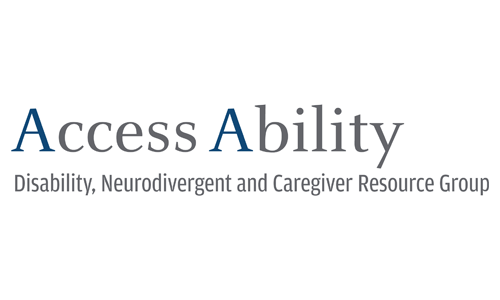
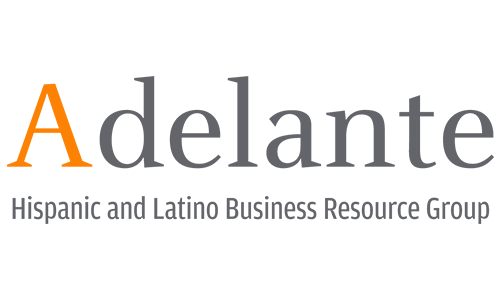
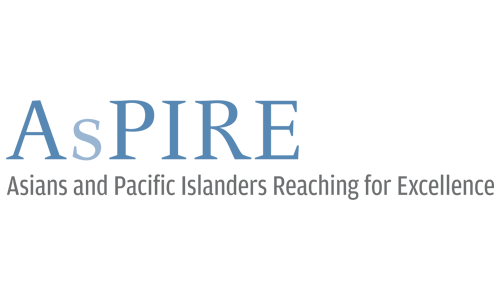
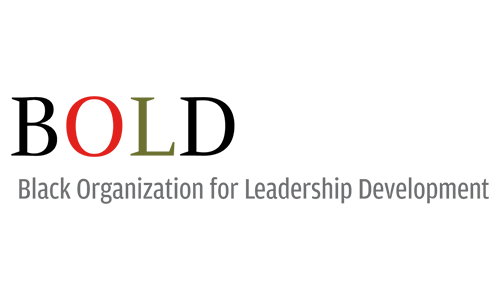
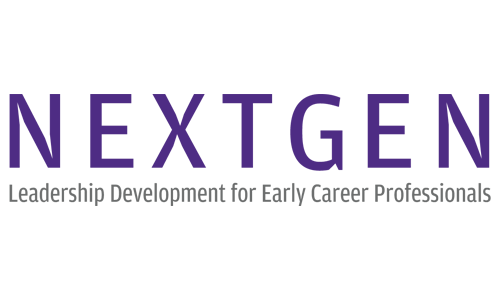

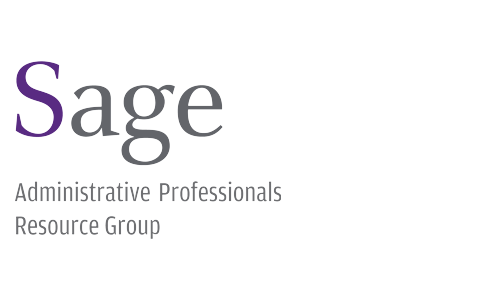
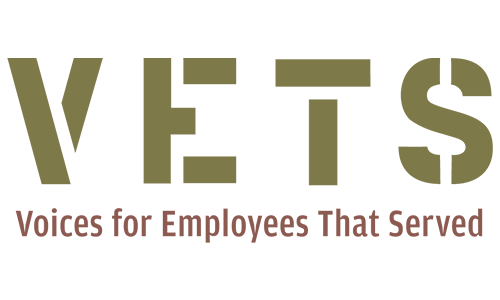
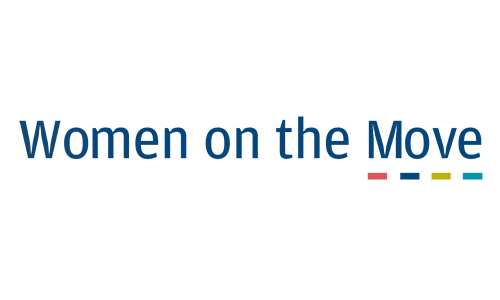
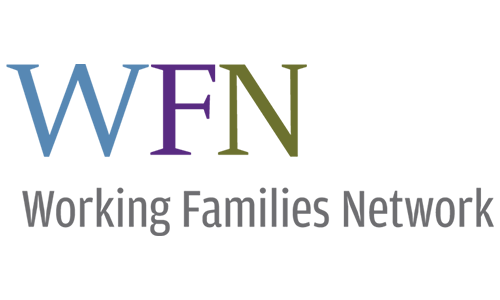
The 2024 Sustainability Report describes our approach to human capital including our 2024 Workforce Composition Disclosure and 2024 Employer Information Report.
Ready for what's next? We’re proud to support our employees with opportunities to grow and thrive. We’re looking for talented people like you from across the globe.